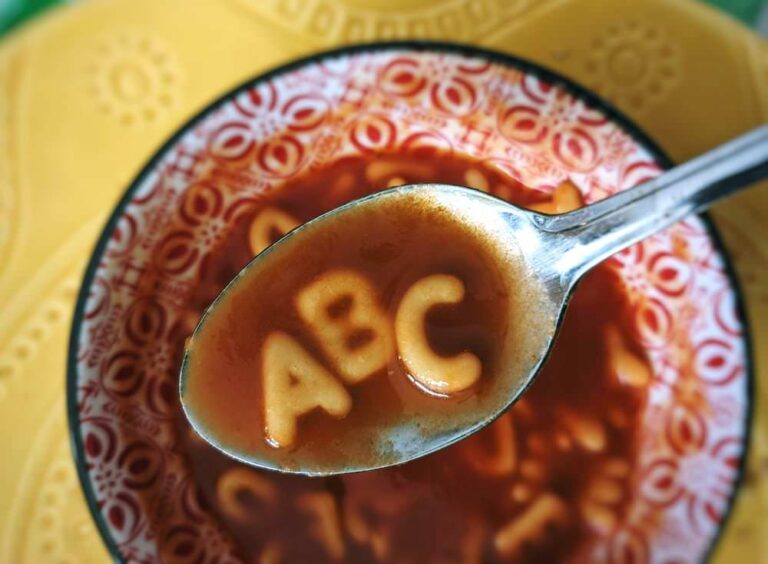au moins, à moins de, à moins que
Au moins, à moins de and à moins que are frequent French expressions built on the idea of a minimum, a condition, or an exception. They differ in grammatical function, required verb forms, and meaning. Accurate use depends on whether the expression modifies a quantity, introduces a condition with an infinitive, or introduces a subordinate…









